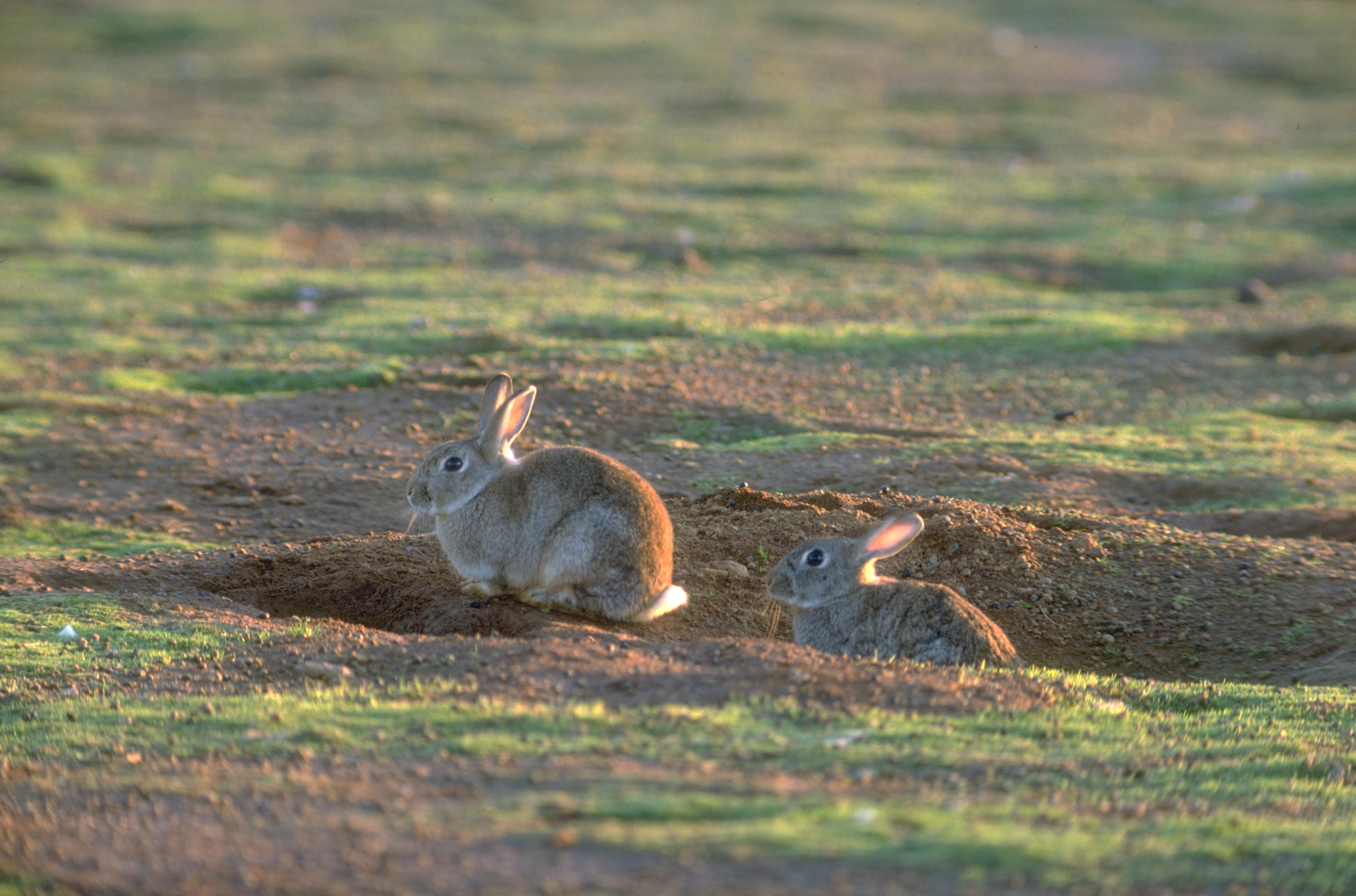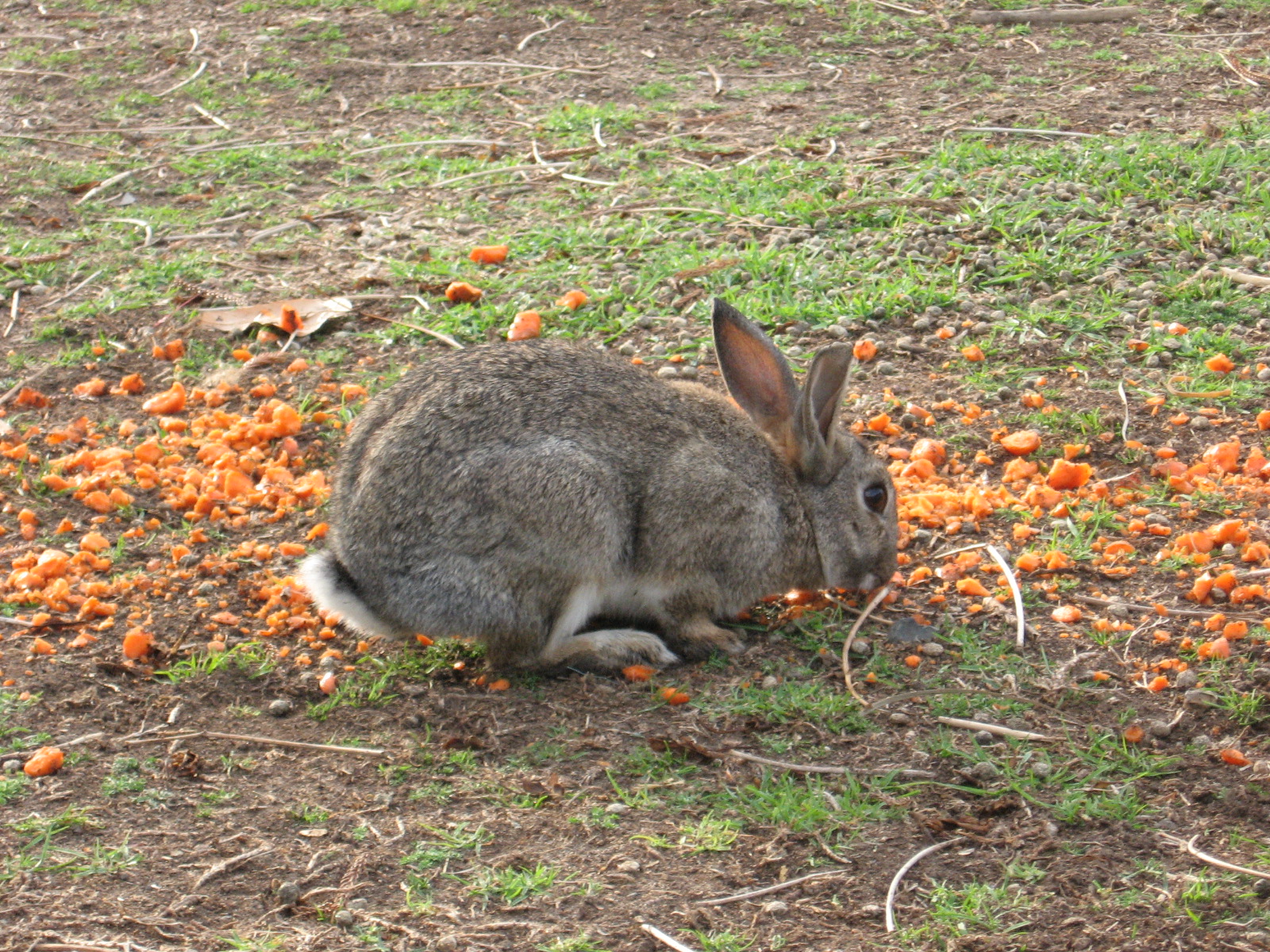South Coast residents advised to vaccinate pet rabbits ahead of feral rabbit control program
15 Mar 2021
Rabbit owners on the South Coast are being urged to vaccinate their pets before a feral rabbit control program rolls out in March.
Led by South East Local Land Services with the support of local land managers and local councils, the program will see the release of the Rabbit Haemorrhagic Disease Virus known as RHDV1-K5 (RHDV) throughout the area.
Senior Biosecurity Officer for the South Coast Liam Orrock said feral rabbits were a major problem across the region.
"Feral rabbits are our most widespread and destructive environmental and agricultural pest. They overgraze native and sown pastures, spread invasive weeds, degrade the land and outcompete native animals for resources.
“This is the fifth release of RHDV since the national program began in 2017, and the third here on the South Coast.
“Since then, we have seen an estimated 42 percent reduction in the feral rabbit population in NSW, so it’s essential we continue to support land managers and local councils to reduce the ongoing impact of these pests,” he said.


Mr Orrock said it was important domestic rabbit owners went to their local vets to vaccinate their pets.
“The virus is spread mainly by contact between rabbits or via insects such as mosquitos and flies, meaning it can travel significant distances.
“Given the recent conditions we are expecting there to be an increase in both rabbit and insect activity.
“Importantly, RHDV doesn’t affect any other animals and if domestic rabbits are vaccinated, they become immune to it.
The targeted program is designed to complement ongoing control efforts on private and public land.
“We encourage land managers experiencing issues with feral rabbits to continue working with us throughout the year and report feral rabbit activity and damage via the FeralScan app,” he said.
Feral rabbits are a priority pest in the South East due to the significant amount of agricultural and environmental damage they cause.
The program will be rolled out across identified priority locations in the Illawarra and Shoalhaven areas.
For more information contact South East Local Land Services on 1300 795 299.
Fast Facts:
- Rabbit haemorrhagic disease virus (RHDV1) K5 was released nationally in the first week of March 2017.
- RHDV1 K5 is not a new virus. it is a Korean variant of the existing virus already widespread in Australia that was released in 1996.
- Rabbit haemorrhagic disease viruses can spread easily by contact between infected rabbits through bodily fluids and on infected material or objects including hay, food, clothing, shoes, people, cages, equipment, dust, insects, wild birds and rodents.
- The virus survives in the environment from days to months, depending on the weather conditions.
ENDS
Media contact: Dave Michael, South East Local Land Services, 0418 513 880